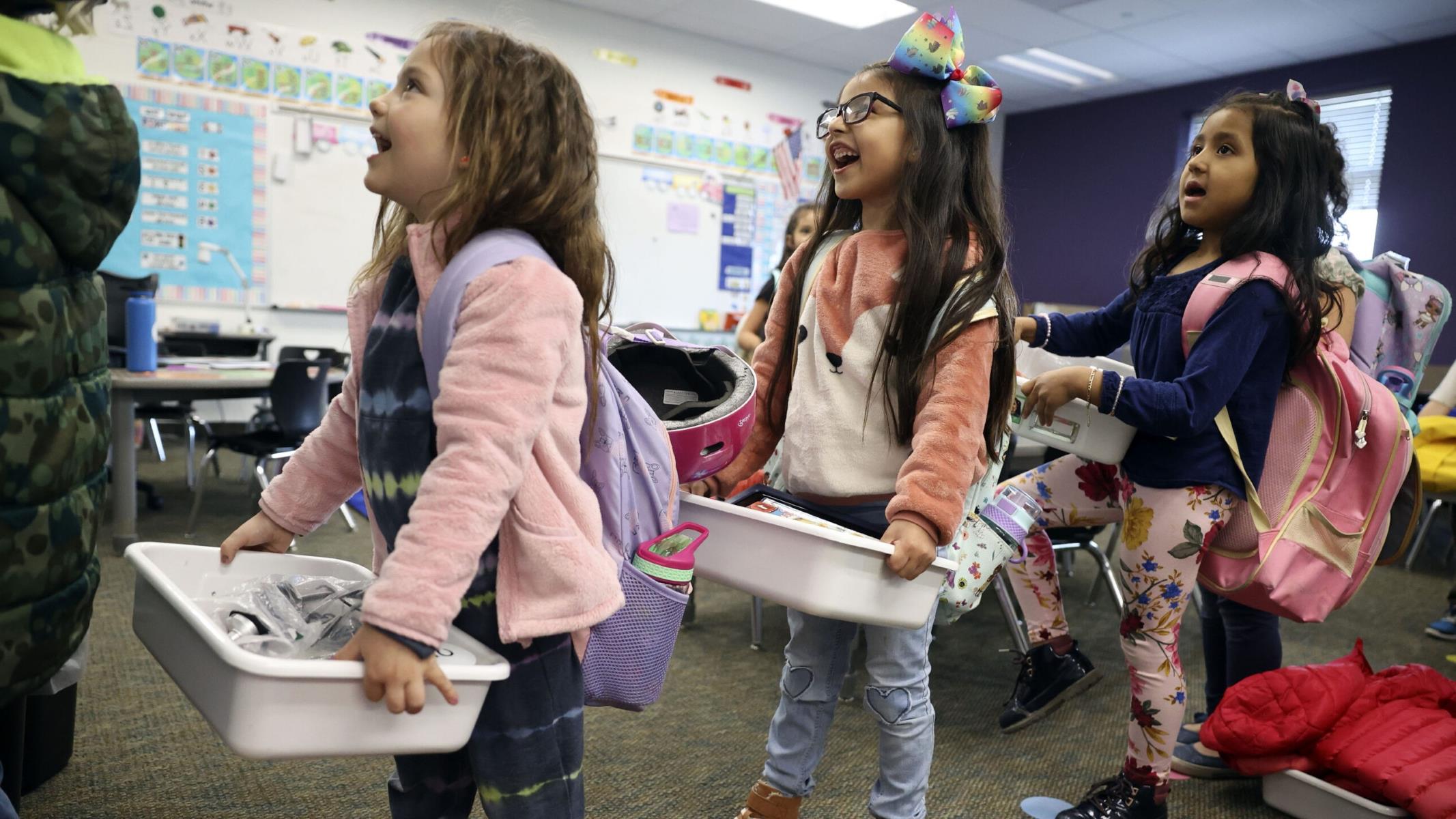
Ever wondered why we celebrate National Kindergarten Day on April 21st? Well, it's not just any ordinary day; it's a special tribute to Friedrich Froebel, the founder of the first kindergarten in Germany in 1837. This day marks an opportunity to appreciate the role of kindergarten in laying the foundation for a child's education and development. Kindergartens are magical places where little ones learn to share, play, and explore the world around them through guided activities and play. National Kindergarten Day celebrates this crucial step in early education, highlighting the importance of providing young children with environments that support their growth and curiosity. So, let's dive into some fascinating facts about this day that honors the beginnings of formal education for the tiny tots among us.
Key Takeaways:
- National Kindergarten Day celebrates the founder of the first kindergarten, Friedrich Froebel, on April 21st. It's a day to honor the importance of play-based learning for young children's development.
- Kindergarten has a global impact, influencing education systems worldwide. It emphasizes the significance of early childhood education and the need to support educators and families in nurturing young minds.
What is National Kindergarten Day?
National Kindergarten Day is celebrated every year on April 21st. This special day honors Friedrich Wilhelm August Froebel, the German educator who founded the first kindergarten in 1837. Froebel's vision was to create a learning environment where young children could develop their physical, mental, and emotional skills through play. This innovative approach laid the groundwork for modern early childhood education.
Why April 21st?
- April 21st was chosen to celebrate National Kindergarten Day because it is the birthday of Friedrich Froebel. Born in 1782, Froebel's revolutionary ideas have influenced education systems worldwide, making his birthday a fitting tribute to his legacy.
The Global Impact of Kindergarten
-
Kindergartens are now a fundamental part of education systems in many countries around the globe. Froebel's model has been adapted to fit various cultural and educational needs, showcasing its versatility and enduring relevance.
-
In the United States, the first English-speaking kindergarten was opened by Margarethe Schurz in 1856 in Watertown, Wisconsin. This marked a significant milestone in the spread of Froebel's educational philosophy.
-
Japan adopted the kindergarten system in the late 19th century, integrating Froebel's methods with traditional Japanese educational practices. Today, kindergartens in Japan are known for their emphasis on group activities and social development.
Celebrating National Kindergarten Day
-
Schools and communities celebrate National Kindergarten Day with various activities that highlight the importance of early childhood education. These can include storytelling sessions, art projects, and outdoor games that encourage learning through play.
-
Educators often use this day to advocate for policies and resources that support early childhood education. This includes raising awareness about the critical role of kindergarten in a child's development.
-
Parents and guardians are encouraged to participate in National Kindergarten Day by engaging in educational activities with their children. This not only celebrates the day but also reinforces the home-school connection that is vital for young learners.
The Importance of Play in Learning
-
Froebel's belief in the educational power of play has been supported by numerous studies. Research shows that play-based learning enhances cognitive, social, and emotional development in children.
-
Activities that are common in kindergartens, such as building with blocks, drawing, and role-playing, are not only enjoyable for children but also help them develop problem-solving skills, creativity, and empathy.
Looking to the Future
-
As we celebrate National Kindergarten Day, educators and policymakers continue to explore ways to innovate and improve early childhood education. This includes incorporating technology in a balanced manner and emphasizing outdoor play.
-
The ongoing challenge is to ensure that all children have access to high-quality kindergarten experiences. This is crucial for reducing educational disparities and laying a strong foundation for lifelong learning.
-
The celebration of National Kindergarten Day serves as a reminder of the importance of early childhood education and the need to support educators and families in nurturing young minds.
-
With advancements in educational research, the principles of kindergarten are continually evolving. However, the core idea of fostering a love for learning through play remains unchanged.
-
The impact of kindergarten on a child's academic and social development cannot be overstated. Children who attend kindergarten are better prepared for the structure and expectations of formal schooling.
-
Finally, National Kindergarten Day is not just a celebration of Froebel's contributions but also a day to reflect on how we, as a society, value and support the earliest stages of education.
A Final Nod to Kindergarten Day
National Kindergarten Day isn't just a nod to the past; it's a celebration of the ongoing journey of early education. April 21st marks more than Friedrich Froebel's birthday—it highlights the pivotal role of kindergarten in laying the foundation for lifelong learning. Recognizing this day helps us appreciate the educators who dedicate themselves to nurturing young minds and the innovative methods they employ. It's a reminder of the importance of play, creativity, and social skills in early childhood development. So, let's honor this day by acknowledging the significant impact of kindergartens and their contribution to our society. Whether through a simple thank you to a teacher, sharing fun facts, or participating in community events, every gesture counts. Here's to celebrating the roots of education and the bright futures it cultivates!
Frequently Asked Questions
Was this page helpful?
Our commitment to delivering trustworthy and engaging content is at the heart of what we do. Each fact on our site is contributed by real users like you, bringing a wealth of diverse insights and information. To ensure the highest standards of accuracy and reliability, our dedicated editors meticulously review each submission. This process guarantees that the facts we share are not only fascinating but also credible. Trust in our commitment to quality and authenticity as you explore and learn with us.


